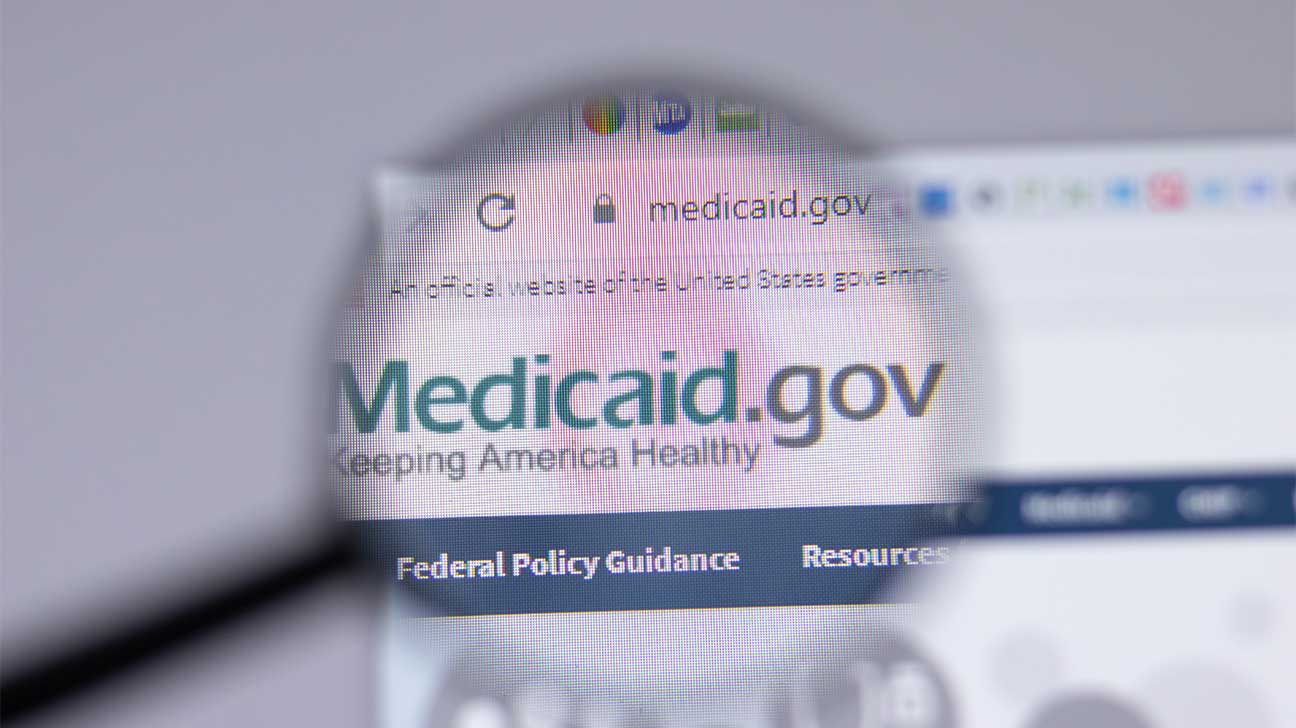
Addiction is a pervasive issue that affects millions of Americans. For people seeking help to overcome substance use disorders (SUDs), access to addiction treatment is critical.
Medicaid, a government-funded health insurance program, plays a vital role in providing healthcare services for those in need, including addiction treatment.
This article will guide you through the process of qualifying for addiction treatment at a Medicaid rehab center, including eligibility, finding help, and supplementing your healthcare coverage.
Who Is Eligible For Medicaid?
Medicaid is a state and federally funded program that provides health insurance to people with low incomes, pregnant women, and families, including those with disabilities.
Eligibility for Medicaid varies by state, but the Affordable Care Act (ACA) has expanded access to Medicaid, making it more inclusive for people seeking health care.
Under the ACA, eligibility is determined based on income and household size, and some states have expanded coverage to include all people with low incomes. Check your state’s guidelines to see if you qualify.
Medicaid is not to be confused with Medicare, which primarily serves people aged 65 and older, and those with certain disabilities. To receive Medicare, you must meet specific age or disability criteria.
Covered Healthcare Services For Addiction Treatment Through Medicaid
Medicaid covers a range of healthcare services for addiction treatment, including inpatient and outpatient programs.
Some of the key SUD services covered by Medicaid include:
- inpatient treatment: This includes residential treatment programs, where people receive 24-hour care and support in a structured, substance-free environment.
- outpatient treatment: Outpatient rehab programs provide therapy and support on a part-time basis, allowing people to live at home and maintain their daily lives.
- medication-assisted treatment (MAT): Medicaid often covers medications used in addiction treatment, such as methadone, buprenorphine, and naltrexone.
- counseling and therapy: Individual and group counseling sessions are typically covered to address the psychological and behavioral health aspects of addiction.
- detoxification services: Medicaid can cover the cost of medically supervised detox, ensuring a safe withdrawal from opioids or alcohol.
- dual diagnosis treatment: the treatment of substance use and mental health co-occurring disorders, such as alcohol addiction and depression, can be covered by Medicaid.
The ACA plays a crucial role by mandating that essential health benefits, including behavioral health services and alcohol and drug rehab programs, be covered by Medicaid and private health insurance plans.
Applying For And Renewing Medicaid Coverage
To apply for Medicaid, you can visit your state’s Medicaid website or go to HealthCare.gov, where you can find information and resources for your state’s specific Medicaid program.
You can apply online, by phone, or in person. When applying, you’ll need to provide information about your income, household size, and any other eligibility requirements for enrollment.
Medicaid eligibility can change, so it’s essential to understand the renewal process in your state. Typically, you will receive a notice before your coverage expires.
With healthcare coverage under Medicaid, you’ll need to reapply or provide updated information to maintain your coverage.
Confirming Medicaid Acceptance At An Addiction Treatment Center
To ensure that your chosen substance abuse treatment center accepts Medicaid health plans, you can take the following steps.
Before booking addiction treatment, contact your chosen treatment center. You can call the treatment provider directly to ask about payment options, including Medicaid acceptance.
Most states maintain an online directory of healthcare providers, including addiction treatment centers, that accept Medicaid. You can access these directories on your state’s Medicaid website.
If you have a Medicaid-managed care plan, they can provide a list of in-network providers, including addiction treatment facilities. Consult with them while researching treatment centers.
Supplementing Medicaid/Medicare For Additional Treatment Coverage
While Medicaid and Medicare provide comprehensive coverage for addiction treatment, there may be some out-of-pocket costs and limitations. To supplement your coverage, you can explore the following options.
If you have partial private health insurance coverage in addition to Medicaid or Medicare, it may cover additional services or reduce your co-pays and deductibles.
Some treatment facilities offer sliding fee scales or payment assistance plans based on income, which can help lower the overall cost of addiction treatment services.
Many nonprofit organizations and charities offer financial assistance. Consider attending a treatment center that’s privately backed by a nonprofit or charitable organization for care.
Some states and localities have special programs to provide state-funded addiction treatment. You can look into your specific state government’s website for more information on what is available.
Find Substance Use Disorder Treatment Today
If you or a loved one is in need of drug or alcohol addiction treatment, reach out to Free Rehab Centers today to learn more about starting off on the road to recovery.
Published on December 6, 2023
Free Rehab Centers aims to provide only the most current, accurate information in regards to addiction and addiction treatment, which means we only reference the most credible sources available.
These include peer-reviewed journals, government entities and academic institutions, and leaders in addiction healthcare and advocacy. Learn more about how we safeguard our content by viewing our editorial policy.
- HealthCare.gov – Get Coverage
https://www.healthcare.gov/get-coverage/ - Substance Abuse and Mental Health Services Administration (SAMHSA) – Find Help and Treatment
https://www.samhsa.gov/find-help - U.S. Department of Health and Human Services – About the Affordable Care Act
https://www.hhs.gov/healthcare/about-the-aca/index.html
